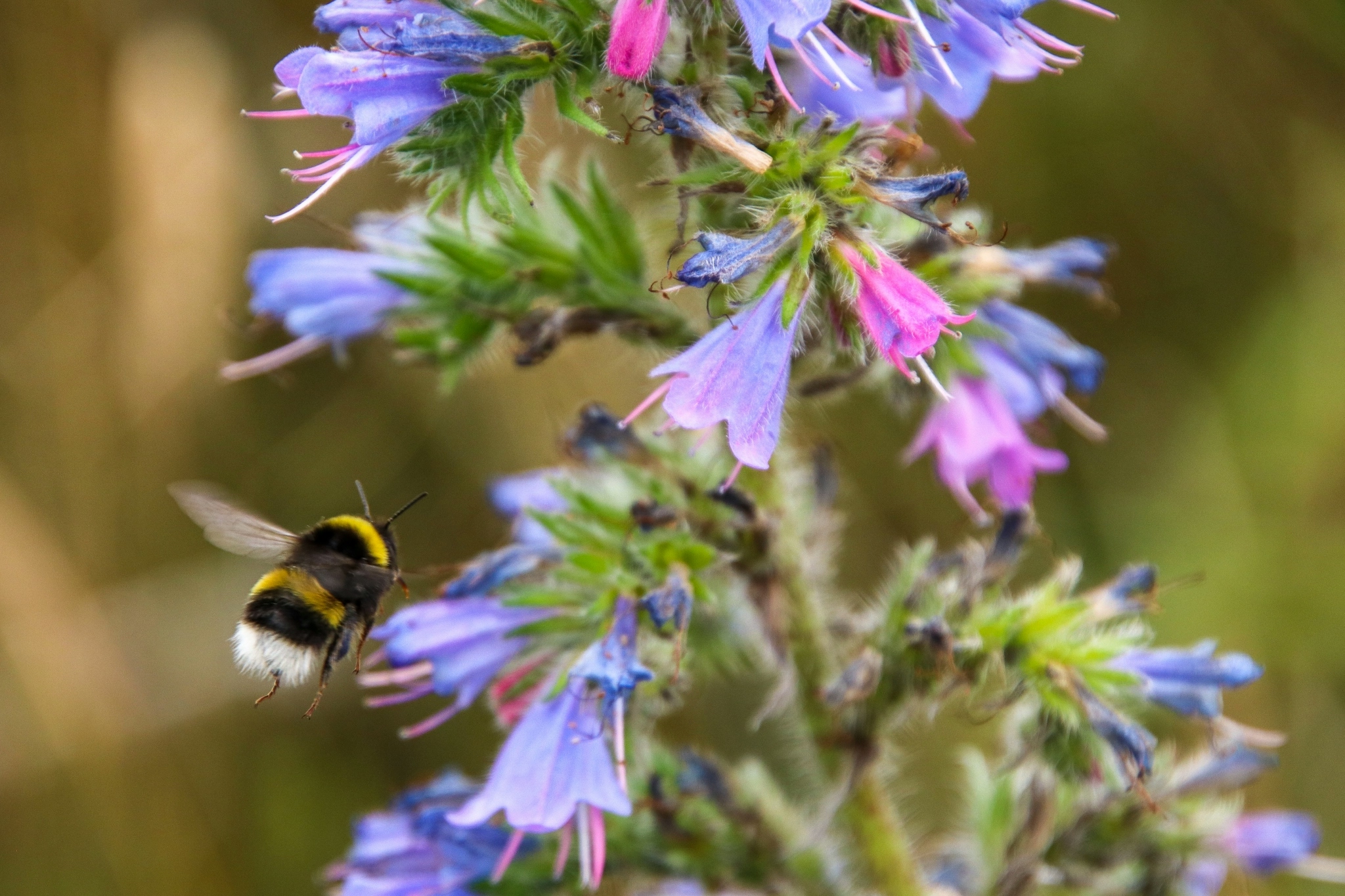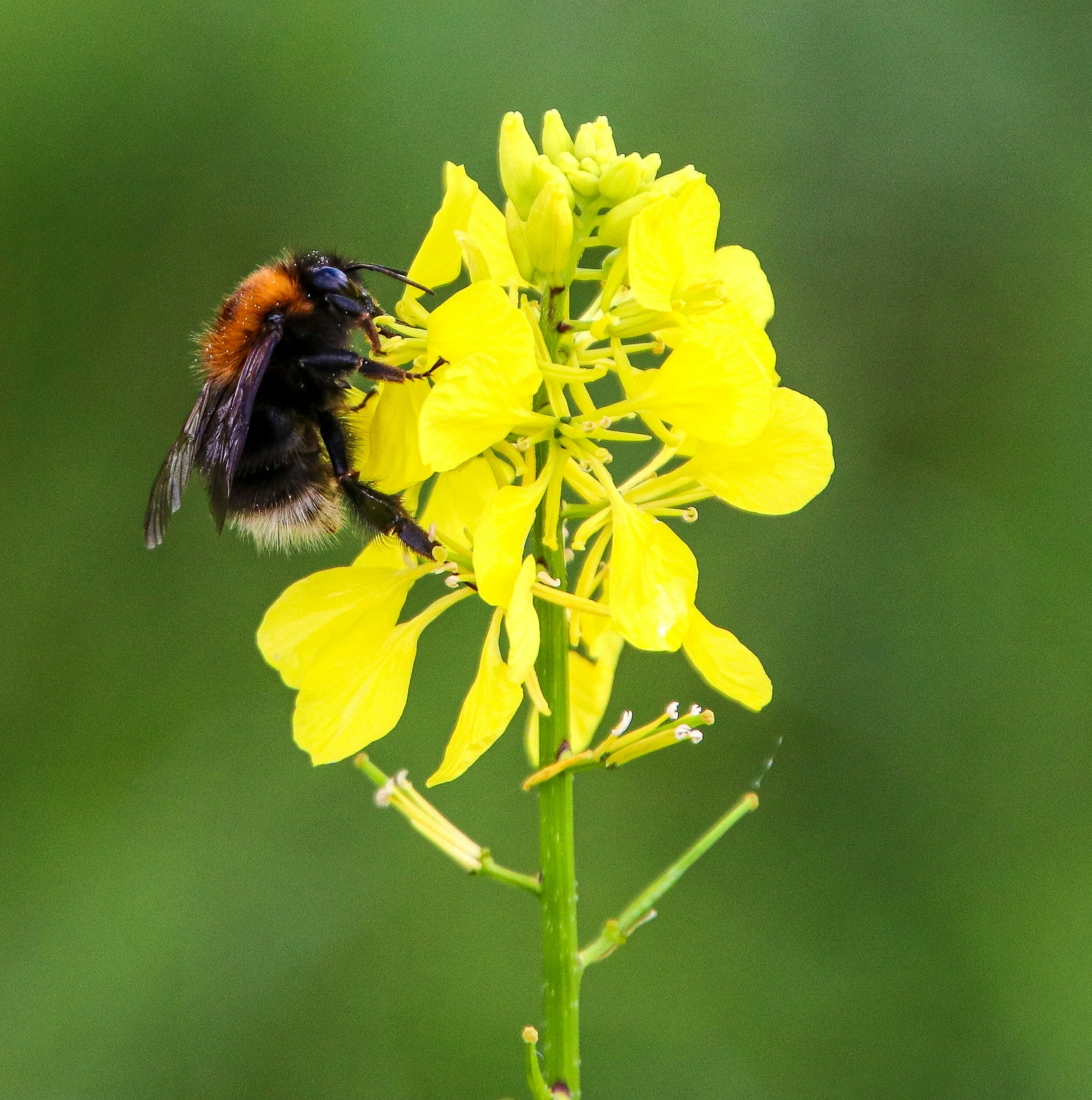NEONICS: AN UPDATE

I wrote here about the dangers of neonicotinoids (neonics) and the worrying announcement that DeFRA had made about allowing an emergency authorisation for use of neonics on beet crops in the UK in 2021.
Thankfully, we now know that neonics will not be used on beet crops in the UK this year.
WHY THE CHANGE?
Before you celebrate this as a U-turn representing a change of heart: it isn’t. The authorisation itself hasn’t been revoked.
When the authorisation was made, basic parameters were set for the use of neonics, one of which was a minimum threshold for beet yellow virus forecasts triggered when the virus would have a negative economic impact. Data for the British Beet Research Organisation has now shown that this minimal requirement has not been met – less than 9% of beet crop is anticipated to be affected by the virus.
THIS IS GOOD NEWS, RIGHT?
Well, yes. Clearly when compared to the alternative of allowing neonics to be used, this is extremely good news. However, we need to keep in mind that this reversal is merely a result of failure to meet a basic requirement that the ‘danger’ actually have a negative economic impact. DeFRA did not withdraw any of the statements it made when it announced the initial emergency authorisation, nor did it address the legality (or otherwise) of its decision-making process.
THE PROBLEM WITH DEFRA’S INITIAL DECISION
DeFRA began its statement of 8 Jan 21 on the emergency authorisation by explaining that when neonics were banned in the UK, they were done so on the understanding that they could be authorised in certain circumstances, provided that the use was necessary because of a danger that could not be controlled by other means and that the risk to people, animals and the environment (particularly pollinators) was ‘acceptably low’.
Now, straight off the bat this seems an extremely unlikely scenario. Given the dangers of neonics, and the studies supporting the devastating effects that neonics have on pollinators, even if there were a danger that couldn’t be controlled by other means, many scientists would argue that the risk of neonics will never be ‘acceptably low’.
THE REQUIREMENTS FOR EMERGENCY AUTHORISATION
There are three more detailed requirements for an emergency authorisation:
1. THAT THE AUTHORISATION APPEARS NECESSARY BECAUSE OF A DANGER WHICH CANNOT BE CONTAINED BY REASONABLE MEANS
The ‘danger’ DeFRA identified here was beet yellow virus and its potential effect on sugar beet crop. Beet yellow virus is a pathogenic virus transmitted by aphids which, predictably, causes yellowing. DeFRA stated on 8 Jan that it considered this requirement for a danger not controllable by other means to have been met. Other than noting that there was a reduction in beet crop in 2020 because of the virus (but with no other commentary on how much of a reduction or whether such reduction actually had any negative effect), DeFRA offered little explanation for why this ‘danger’ justified use of neonics, and no explanation of alternative methods for dealing with the issue.
2. THAT THE USE OF THE PRODUCT WILL BE LIMITED AND CONTROLLED
We know that the harm from neonics cannot be limited and controlled due to their ability to seep into the surrounding ground and into water systems, the length of time they stay in the environment, and their tendency to accumulate in the food chain. However DeFRA stated that this requirement was met, because seeds would only be treated where a certain threshold of impact of the virus was met (that threshold being one where ‘economic impacts would be incurred’). This is problematic from a practical point of view – whilst the risk of the virus overall might meet the threshold, this doesn’t mean that conditions across the country meet the threshold – resulting in application of neonics where the risk posed by the virus does not meet the basic threshold of economic impact. The Wildlife Trusts also pointed out that application of the chemical over a large area for 120 days doesn’t seem very ‘limited’.
What is most alarming here, though, is that there seems to be no consideration of the negative economic impacts of using neonics. Neonics are being presented as a solution to adverse economic impacts, but all economic output (and particularly agricultural output) – not to mention human life – depends on the functioning of our natural world and the work of our pollinators. Whilst this long-term economic impact is more difficult to measure than the short-term impact of a decreased yield of one type of crop, the Dasgupta Review, reported to the UK government in February this year, makes an extremely convincing case that the economic value of biodiversity must be accounted for in mainstream economics and in government decision-making.
3. THAT THERE ARE SPECIAL CIRCUMSTANCES
The special circumstances that DeFRA relied on were the fact that alternatives to neonics are being sought as a priority. Yet DeFRA noted that the authorisation of neonics would be allowed to continue until at least 2023, with a similar review to extend use in 2023 and beyond – this doesn’t exactly put pressure on the agriculture and pest control industries to prioritise an alternative to neonics that is less harmful.
Even after all three requirements are met, the benefit of granting emergency authorisation must still be balanced against the potential harm caused in using the product.
In relation to this additional requirement, DeFRA noted that sugar beet is not a flowering crop, so concluded that the risk to bees was low. In response to the issue that flowers around the crop could be contaminated (due to neonics seeping into the ground), DeFRA said that more chemicals would be used (herbicides this time) to kill any flowering plants in the vicinity of the crop – which they somehow thought really got across that they cared about our pollinators. The fact that neonics would spread through the soil and stick around, posing an unacceptable risk to bees in future years, was accepted by DeFRA on the condition that no flowering crops of plants were allowed in the area for following crops for at least 22 months (32 months for rapeseed); there was no detail as to how this restriction would be monitored or enforced.
Under a very brief heading entitled ‘other environmental risks’, DeFRA dismissed risks to other animals stating that they were ‘acceptable’ with little justification. DeFRA did note that the risk to birds from eating treated seeds was unacceptable, but they found this unlikely – how they found this unlikely, when birds eating spilled crop seeds is a common sight, was not specified. There was no mention of the devastating effect neonics can have on aquatic environments nor of their effects on the health of the soil.
DISREGARD FOR THE ECONOMIC BENEFITS OF NATURE
The conclusion of the Secretary of State was that the potential benefits of using neonics on sugar beet crops outweighed the environmental risks.
This analysis of economic benefit vs environmental risk completely fails to recognise any economic value of maintaining biodiversity and healthy ecosystems. The real consideration should be economic benefit of increasing crop yield for one crop vs environmental risk and economic consequences of a decline in natural capital. Or, to put it more positively, the economic benefit of increasing crop yield for one crop vs the economic benefit of maintaining a healthy, vibrant, and biodiverse ecosystem.
Mainstream economics, and the government, vastly underestimate the value of natural capital and what it brings to the economy. Despite the fact that we all know we couldn’t live without it, it is routinely undervalued (and is often not valued at all) when calculations and decisions are made that affect the environment. Its value is not properly accounted for and as a result natural capital is rapidly depleted without acknowledgement of its scarcity value and the difficulty we face in rebuilding natural capital.
WHY THIS ISN’T A CLEAR WIN
It’s great that poisonous nerve agents aren’t going to be leaking into our soil and water systems from neonics on beet crops this year, but this turnaround doesn’t challenge the decision-making process nor the disregard DeFRA has for the economic value of natural capital.
The Wildlife Trusts have described this failure to meet the thresholds for use of neonics as a ‘stay of execution’ for our bees. The reason that the thresholds weren’t met this year is thought to be a snap of very cold weather that killed off a lot of aphids. This means that unless DeFRA change their approach to making decisions that affect our environment, the door is still wide open to neonics being approved for use on other crops or in future years.
The most alarming issue here – which remains despite the stay of execution – is decision-making by our governing bodies that fails to properly value our natural world and in which the views of the Health and Safety Executive (which stated that the authorisation should not be granted) can be ignored.
We need to change how the government makes decisions to ensure that when promoting an ‘economic benefit’ the economic decline that will be caused by destruction of our biodiversity is taken into account as well as the missed opportunity for economic benefit from a thriving natural environment. Here’s to hoping that the government will seriously consider the outcome of the Dasgupta Review on the economic benefits of biodiversity.

RESOURCES
DeFRA’s statement on the emergency authorisation: https://www.gov.uk/government/publications/neonicotinoid-product-as-seed-treatment-for-sugar-beet-emergency-authorisation-application/statement-on-the-decision-to-issue-with-strict-conditions-emergency-authorisation-to-use-a-product-containing-a-neonicotinoid-to-treat-sugar-beet
The Wildlife Trusts’ statement: https://www.wildlifetrusts.org/news/stay-execution-bees
The Dasgupta Review: https://www.gov.uk/government/publications/final-report-the-economics-of-biodiversity-the-dasgupta-review
Share with your friends
Subscribe to learn more
Join me in learning about our natural world and how we can protect and restore it. Get notified on my latest posts and a monthly newsletter on wider conversation topics for us to chat about.
Recent Posts
If you enjoyed this one, then you might like these too.